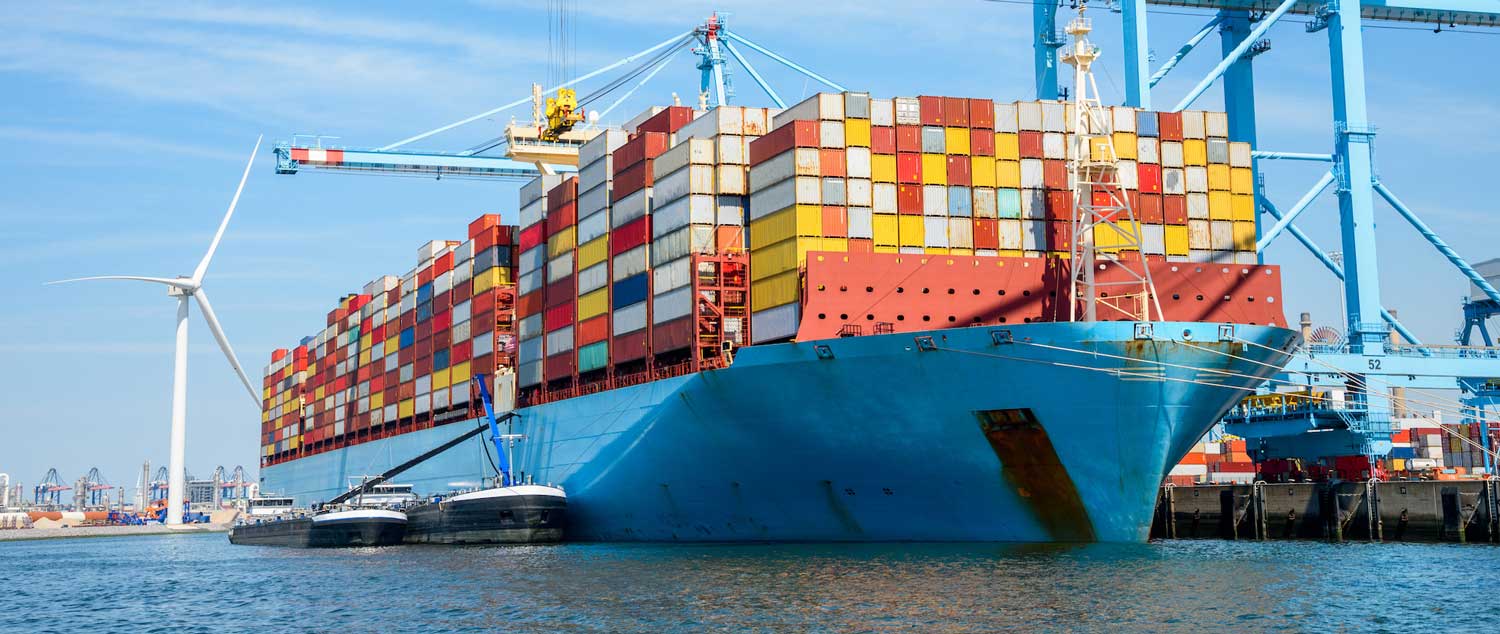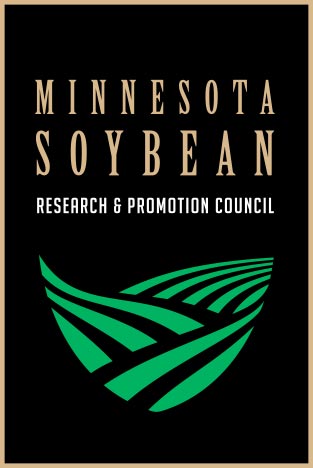Biodiesel sets sights on marine fuel
Biodiesel sets sights on marine fuel

Minnesota might be the land of 10,000 lakes, not oceans, but its biodiesel industry has the potential to play a significant role in the future of marine fuel.
Recently, the International Standards Organization (ISO) announced the publication of ISO 8217:2024, an updated version of the specification for fuel use in marine applications. The new specifications set forth detailed requirements for marine fuels, including biodiesel blends up to B100 (100% biodiesel), ensuring their suitability and safety for use in nearly every distillate and residual fuel grade.
“With the adoption of this updated specification, we are paving the way for higher blends of biodiesel use in marine transportation,” said Scott Fenwick, technical director at Clean Fuels Alliance America (Clean Fuels). “Biodiesel offers a viable solution for reducing emissions now while promoting sustainability on a global scale.”
By adopting the updated specifications, ISO is working to facilitate the integration of low-carbon liquid fuels, including biodiesel, into the marine fuel supply chain, contributing to greater greenhouse gas emissions reductions and support efforts to combat climate change.
A biodiesel industry trailblazer, the Minnesota Soybean Research & Promotion Council (MSR&PC) has its sights set on the Port of Duluth and the export opportunities available via the St. Lawrence Seaway, aiming to increase soybean exports to buyers in Europe, North Africa and Central Asia. The recent ISO specifications for marine fuels create yet another way for Minnesota to tout the sustainability of its soybeans to international purchasers.
“It’s an opportunity to not only ship Minnesota soybeans, but also to increase the biodiesel usage by the companies that ship product on the Great Lakes,” MSR&PC Senior Director of Product Development & Commercialization Mike Youngerberg said. “We will be able to tell our customers in Europe that not only are we deforestation-free, but our product is also being shipped with renewable fuels.”
The Port of Duluth-Superior’s accessibility to Minnesota’s biodiesel industry is also a key factor, along with its fuel depot, which is the largest on the Great Lakes system and could be a major biodiesel supplier.
“Our biodiesel plants are the closest to the Port of Duluth, so it’s an advantage for Minnesota and its soybean farmers,” Youngerberg said. “It creates a closer market for our biodiesel than shipping it to California or someplace else.”
In Minnesota, biodiesel is an economic powerhouse. Each year, the state produces roughly 85 million gallons of biodiesel. or every 1 million gallons produced, $22.8 million is contributed to statewide economic output; in total, biodiesel in Minnesota supports nearly 5,400 jobs. For soybean producers, the biodiesel industry increased the value of soybeans by 63 cents per bushel, which increased the value of soybean oil to U.S. farmers by $18.8 billion. The total economic impact of biodiesel on Minnesota GDP is $1.7 billion, including $676 million in farm-level impact.
“Soybean checkoff investments in the biodiesel industry have proven time and time again that they bring farmers an excellent return on investment,” MSR&PC Chair Tom Frisch said. “That’s what MSR&PC is all about – making wise investments on behalf of Minnesota soybean farmers to increase their profitability.”
Another investment that MSR&PC makes in the biodiesel industry is its membership in Clean Fuels, a national organization that is dedicated to supporting sustainable biodiesel, renewable diesel and sustainable aviation fuel industry growth. Working alongside Clean Fuels, MSR&PC is ready to expand the opportunities for Minnesota’s biodiesel industry and the ISO’s updated specifications for marine fuel is a step in the right direction.
“If we can create the demand for the soybeans, we’ll get a two for one – increase the export market and biodiesel usage by the ships on the Great Lakes,” Youngerberg said.



